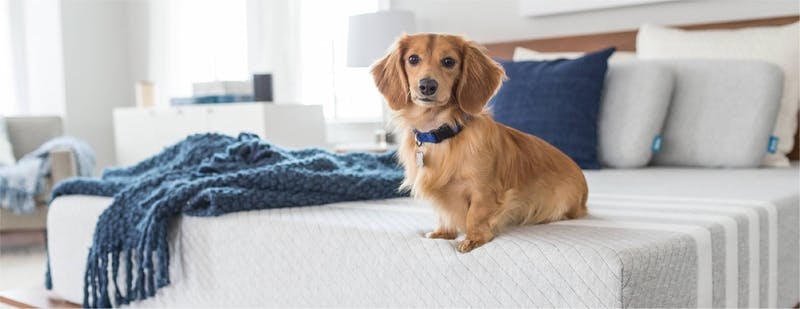Sale Offer Terms
Offer valid 7/12/25 at 8:00 AM ET – 7/29/25 8:00 AM ET
Up to 30% Off the Sapira Adjustable Bundle
Bundle includes the Adjustable Base Pro, Sapira Hybrid Mattress, and White Cotton Blend Sheet Set. Up to 30% savings based on King/Cal King MSRP $4,617 down to $3,223. Discount automatically applied at checkout and is not valid for items purchased separately.
25% Off Select Mattresses
Discount automatically applied to the Studio, Original, Original Hybrid, Sapira Hybrid, Legend Hybrid, Plus Hybrid, Natural Hybrid, Reserve Hybrid, and Chill mattresses. Excludes Bundles, Natural Youth, Youth, Kids, and Trundle mattresses.
25% Off Select Bedding
Discount automatically applied to bedding.
25% Off Bases
Discount automatically applied to bases.
15% Off Kids Mattressses
Discount automatically applied to the Natural Youth Hybrid, Youth, Kids, and Trundle mattresses. Excludes free gifts.
Offers not valid on previous purchases or pending orders. To qualify, all items must be purchased as part of the same order. Offers valid for orders placed directly on Leesa.com or from direct-order telephone sales. Offers not valid for purchases made at third-party retail stores. Previously purchased items currently under the one hundred (100) night trial cannot be returned and redeemed with this coupon.
We strive to bring you the lowest prices. The strike-through or reference price indicates the Product’s suggested retail price (SRP) and may not have been offered by us or other retailers at that price in the past and may not be offered for sale at that price on any future date.
Thus, the strike-through price may not necessarily be the prevailing market price, regular retail price, or former price of a Product.
In addition, Products may be offered by us or other retailers at the same or lower prices during future promotional events beginning on or after the last day of any advertised promotion.
See details
Your discount will be automatically applied at checkout.
Your discount will be
automatically applied at checkout.



.jpg%3Fformat%3Dpjpg%26auto%3Dwebp%26width%3D148%26height%3D100%26disable%3Dupscale%26fit%3Dcrop&w=384&q=75)